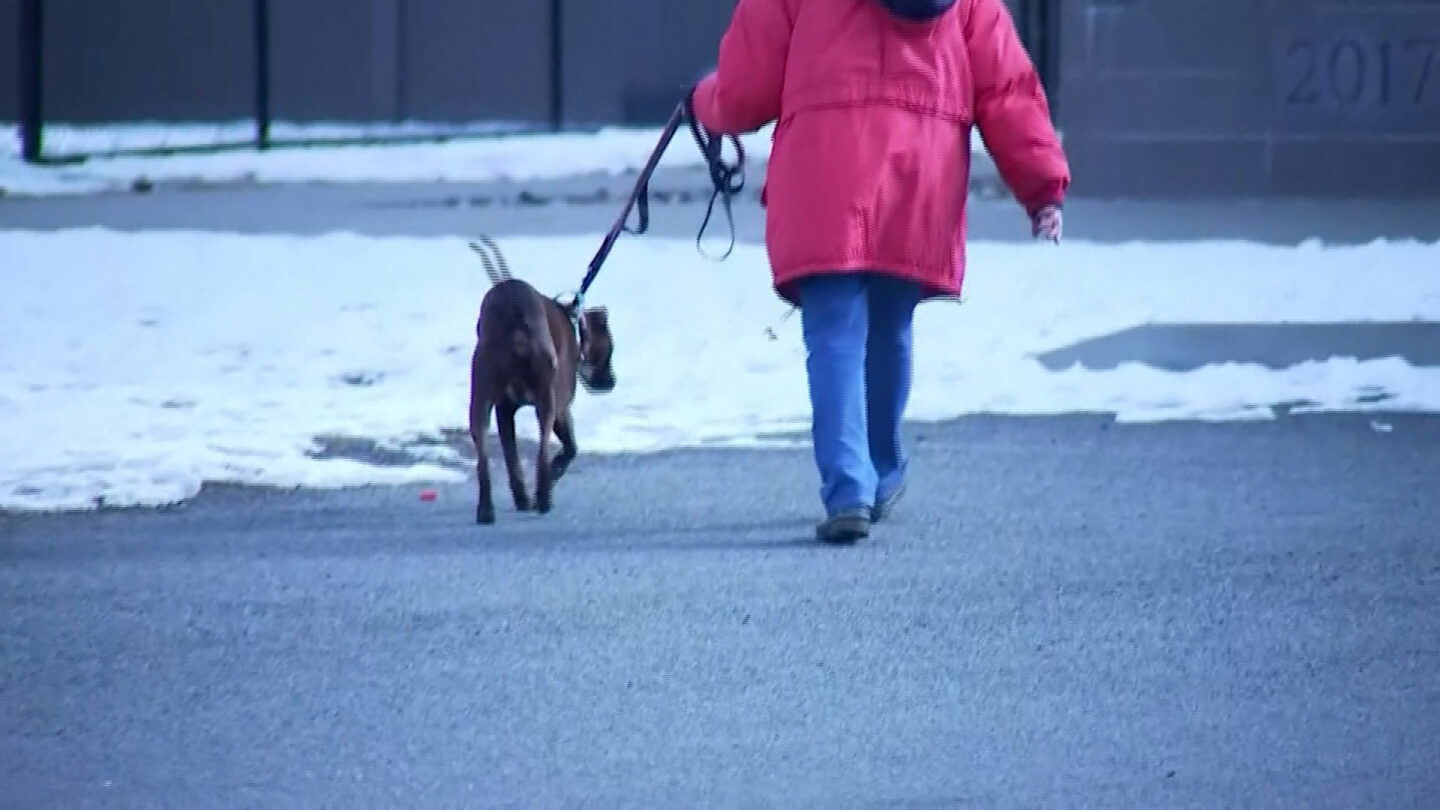Adequate shelter, other safeguards vital to keeping pets safe during winter

By Kirsten Stokes
Extreme winter weather has made an appearance in St. Joseph, but humans aren’t the only ones feeling the cold. Pets need help staying warm in the below-freezing temperatures, too.
Senior animal control officer Stephen Norman said some animals can handle the cold better than others.
“If you take an animal that’s acclimated and used to being outside in all types of weather conditions, bringing them into our environment where, you know, it’s a nice 70 degrees, it really isn’t good for them because then they get acclimated to those temperatures,” Norman said.
While a husky can acclimate better to cold, a chihuahua won’t be able to, so Norman said for outdoor animals, it’s important to have adequate shelter and something big enough for them to stand and lie down, he recommends straw as bedding rather than blankets that can get damp and frozen over.
“If they do have shelter, make sure it’s adequate. No holes in the roof, no holes in the side,” said Norman. “Airline carriers or crates that you would keep your dog in inside the house … we don’t recommend those for outside because they don’t provide enough protection. So, an actual doghouse, and with a flap.”
In addition to shelter, a heated water source is a good idea, and frequently checking on pets is a must.
Making sure animals are properly fed with quality food ahead of time is important to their health in cold conditions.
“Dogs that have perfect weight or a little bit extra weight, tend to fare better in the in the colder temperatures,” Norman said.
If you come across a stray and are worried about their condition, especially those barreling in the snow, Norman says to whistle to get their attention. If they perk up, they’re most likely okay. If they seem lethargic and don’t react well, find the owner or call the St. Joseph Animal Shelter at (816) 271-4877.
The American Society for the Prevention of Cruelty to Animals also has some unique tips for keeping animals safe:
Wash and dry your pet’s feet and stomach to remove ice, salt and chemicals.
Massaging petroleum jelly on paws before a pet goes outside can help protect them from chemicals. Booties are even better.
Never shave your dog down to the skin in winter. If your dog has shorter hair, consider winter wear like a coat.
“Remember, if it’s too cold for you, it’s probably too cold for your pet, so keep your animals inside,” the ASPCA website says.




